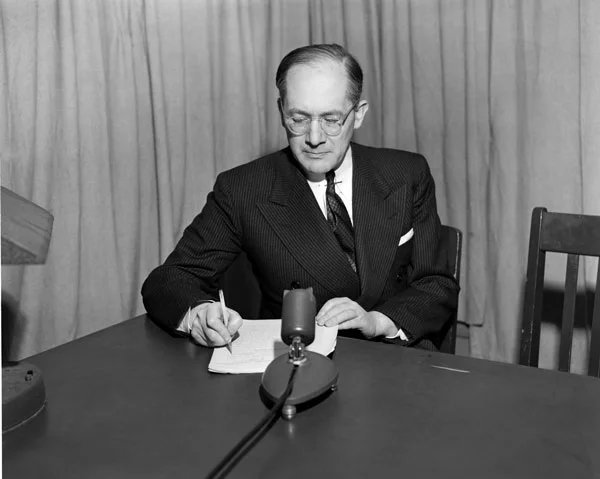The UN’s Genocide Convention 1948 was recently violated amidst Israel’s military actions in Gaza, after which South Africa recently sought intervention from the International Court of Justice (ICJ).
About the UN’s Genocide Convention:
- The UN’s Genocide Convention defines Genocide which includes- acts committed with the intent to destroy a national, ethnic, racial, or religious group.
- The convention empowers Contracting Parties to seek UN intervention for prevention and suppression of genocide.
- It is formally known as the UN’s Convention on the Prevention and Punishment of the Crime of Genocide.
- The convention was moved in the General Assembly in 1948 and entered into force in 1951.
- It was adopted in the aftermath of the Holocaust during World War II.
- It categorises the following actions as Genocides-
- Killing members of the group
- Causing serious bodily or mental harm to members of the group
- Deliberately inflicting on the group conditions of life calculated to bring about its physical destruction in whole or in part
- Imposing measures intended to prevent births within the group
- Forcibly transferring children of the group to another group
Obligations of State Parties:
- State parties to the Genocide Convention are obligated to prevent and punish genocide.
- They are required to enact domestic legislation making genocide a crime under their national laws.
Judgements on Genocide:
- The Genocide Convention provides for disputes related to its interpretation and application to be submitted to the International Court of Justice (ICJ).
- The ICJ can render judgments on cases involving allegations of genocide.
About International Court of Justice (ICJ):
- The ICJ is the principal judicial organ of the United Nations (UN).
- It was established in 1945 and began its work in 1946.
- It is headquartered at the Peace Palace in The Hague, Netherlands.
- It has jurisdiction to settle legal disputes between states and to give advisory opinions on legal questions referred to it by the UN General Assembly, the UN Security Council, or other specialized UN agencies and related bodies.
- It applies international law in its judgments, including treaties, customary international law, and general principles of law recognized by civilized nations.
- It is different from the International Criminal Court (ICC).
Functions:
- It provides advisory opinions on legal questions at the request of the UN General Assembly, the UN Security Council, or other authorized UN organs and specialized agencies.
- While advisory opinions are not binding, they carry significant weight in international law.
- States can bring cases before the ICJ to settle disputes, the judgment of which are final and binding on the parties involved.
- However, enforcement mechanisms are dependent on the cooperation of the states involved.
Composition:
- It consists of 15 judges who are elected by the General Assembly and the Security Council.
- Judges serve 9-year terms and may be re-elected.
Ref: Source
| UPSC IAS Preparation Resources | |
| Current Affairs Analysis | Topperspedia |
| GS Shots | Simply Explained |
| Daily Flash Cards | Daily Quiz |



